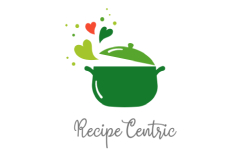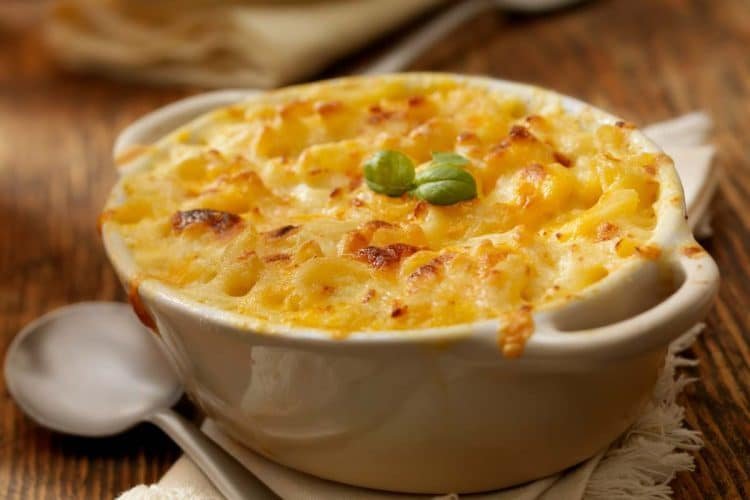Kraft Macaroni and Cheese is not halal because of the presence of rennet in the cheese, which is derived from the stomach of animals.
Few foods bring as much comfort as a warm, creamy bowl of macaroni and cheese. Kraft Macaroni and Cheese, in particular, has been a household staple for decades, loved for its rich taste and convenience. However, for individuals following Islamic dietary laws, a critical question arises: Is Kraft Macaroni and Cheese halal?
If you’ve been curious about this, you’ve come to the right place. In this article, we’ll dive into what makes food halal, explore why Kraft Macaroni and Cheese does not meet halal criteria, and offer some tasty alternatives that do.
What Makes a Food Halal?
Before diving into Kraft Macaroni and Cheese, let’s first define what “halal” means. Halal is an Arabic word meaning “permissible” or “lawful” under Islamic law. For food to be considered halal, it must meet certain conditions, which include:
- Being free from pork or pork-derived ingredients.
- Using meat or animal byproducts from animals slaughtered in accordance with Islamic guidelines (halal slaughter).
- Ensuring that no alcohol is used in preparation.
If a food does not meet these requirements, it is considered haram, or “forbidden.”
Is Kraft Macaroni and Cheese Halal?
The simple answer is no, Kraft Macaroni and Cheese is not halal. The main reason lies in the cheese used in the product, which contains rennet. Rennet is an enzyme used to coagulate milk during the cheese-making process, and it’s often derived from the stomachs of animals.
For a product to be halal, any animal-derived ingredient must come from animals slaughtered according to Islamic guidelines. Unfortunately, the rennet used in Kraft’s cheese is typically sourced from animals that are not slaughtered in a halal manner. Therefore, Kraft Macaroni and Cheese doesn’t meet halal standards.
Understanding Rennet: Why It’s Not Halal
Rennet can come from various sources, including animals, plants, or microbes. However, animal-derived rennet is the most common in cheese production. In Islamic dietary laws, any product derived from animals that are not slaughtered in accordance with halal standards is considered haram (forbidden).
Since Kraft uses rennet sourced from animals that are not slaughtered according to Islamic principles, the cheese used in their macaroni and cheese product is not halal. This is why Muslims adhering to a halal diet avoid this product.
Is Kraft Macaroni and Cheese Kosher?
Similar to halal, kosher dietary laws—rooted in Jewish traditions—also have specific requirements regarding the preparation of food. Unfortunately, Kraft Macaroni and Cheese is also not kosher. Just like the issue with halal, the presence of animal-derived rennet makes it non-kosher.
In kosher food production, animals used for ingredients must be slaughtered according to kosher guidelines, and this applies to the source of rennet as well. Because Kraft’s rennet does not meet these requirements, the product is not suitable for a kosher diet either.
Can I Make My Own Halal Macaroni and Cheese?
Absolutely! One of the best ways to enjoy halal macaroni and cheese is by making it from scratch. This way, you have full control over the ingredients. Here’s a quick guide to help you make halal-friendly mac and cheese at home:
Ingredients:
- 2 cups elbow macaroni
- 2 tbsp butter or olive oil
- 2 tbsp flour
- 2 cups milk (ensure it’s halal-certified)
- 1 ½ cups halal cheddar cheese, grated
- Salt and pepper to taste
- ½ tsp mustard powder (optional)
Instructions:
- Boil the macaroni according to package instructions and set aside.
- In a saucepan, melt the butter over medium heat, then whisk in the flour to make a roux.
- Gradually add the milk while whisking until the mixture thickens.
- Stir in the grated halal cheddar cheese until melted and creamy.
- Season with salt, pepper, and mustard powder if desired.
- Mix in the cooked macaroni and serve hot!
By using halal-certified cheese and butter, you can enjoy a fully halal version of this comforting dish at home.
Halal Alternatives of Kraft Macaroni and Cheese
For those seeking halal or kosher alternatives to Kraft Macaroni and Cheese, various options are available in the market. Several brands offer halal and kosher-certified macaroni and cheese products, ensuring that individuals with specific dietary requirements can still enjoy this beloved comfort food.
It’s essential to always check product labels and certifications to ensure that the food you consume aligns with your dietary preferences and restrictions. Manufacturers often provide information regarding the halal or kosher status of their products, making it easier for consumers to make informed choices.
Also read: Are Clif Kid Z Bars Vegan and Halal?
Conclusion
In summary, Kraft Macaroni and Cheese is not halal due to the use of animal-derived rennet in the cheese, which doesn’t comply with Islamic dietary laws. Additionally, it is not considered kosher for the same reason. However, there are halal and kosher alternatives available, and making your own mac and cheese at home is always a great option.
By paying attention to the ingredients and certifications, you can enjoy your favorite dishes while staying true to your dietary beliefs. So go ahead, explore some halal-friendly brands, or get creative in the kitchen with your own homemade version!







